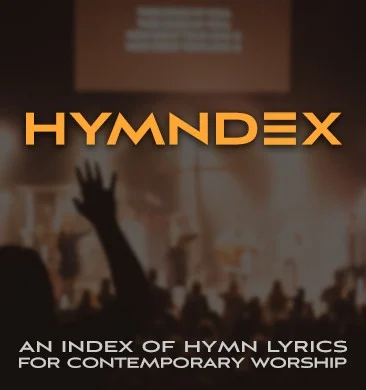Matt Mason explores the qualifications of a worship pastor.
I realize that many who have the joy of leading in musical worship are not elders in their local church context. That said, the Apostle Paul tells us that it is a noble aspiration to be an elder-pastor (1 Timothy 3:1). I’m not looking to unpack the evidences and qualifications for those sensing a call to biblical eldership. There are many great resources to take you further (start here, then here, then maybe here).
The “Pastor” in Worship Pastor
Having said that, if you are a worship pastor, I want to remind you of something that I hope you feel deeply. It is an unspeakable joy and privilege to serve as a pastor. The key term in the title “worship pastor,” is pastor. In many ways, I would rather be called “one of the pastors at The Church at Brook Hills,” than the “Worship Pastor of The Church at Brook Hills,” because the latter reminds me of my primary job description.
This is not to imply that worship pastors should pretend that music is not a big part of what we do. It certainly is. But, when we read about gathered praise in the New Testament, we don’t find detailed instructions on matters related to music. Band or acapella? Choir or no choir? How many songs? Nothing there. Those decisions are to be pursued through prayerful discussion with the elder-pastors and implemented in the hopes of edifying your particular local church.
If these are matters of prayerful discretion and pastoral discernment, then, what are the things that God has said are my primary, non-negotiable assignments as a worship pastor?
Enter 2 Timothy. With a cursory look at 2 Timothy, we see implications for the worship pastor in many places. While not directed as a defense of the role of the worship pastor, much can be learned from this pastoral epistle. As we consider our roles as those who serve as singing shepherds, may we consider from His word our role in the body of Christ.
Sign up to receive weekly WorshipIdeas every Tuesday morning in your email:





